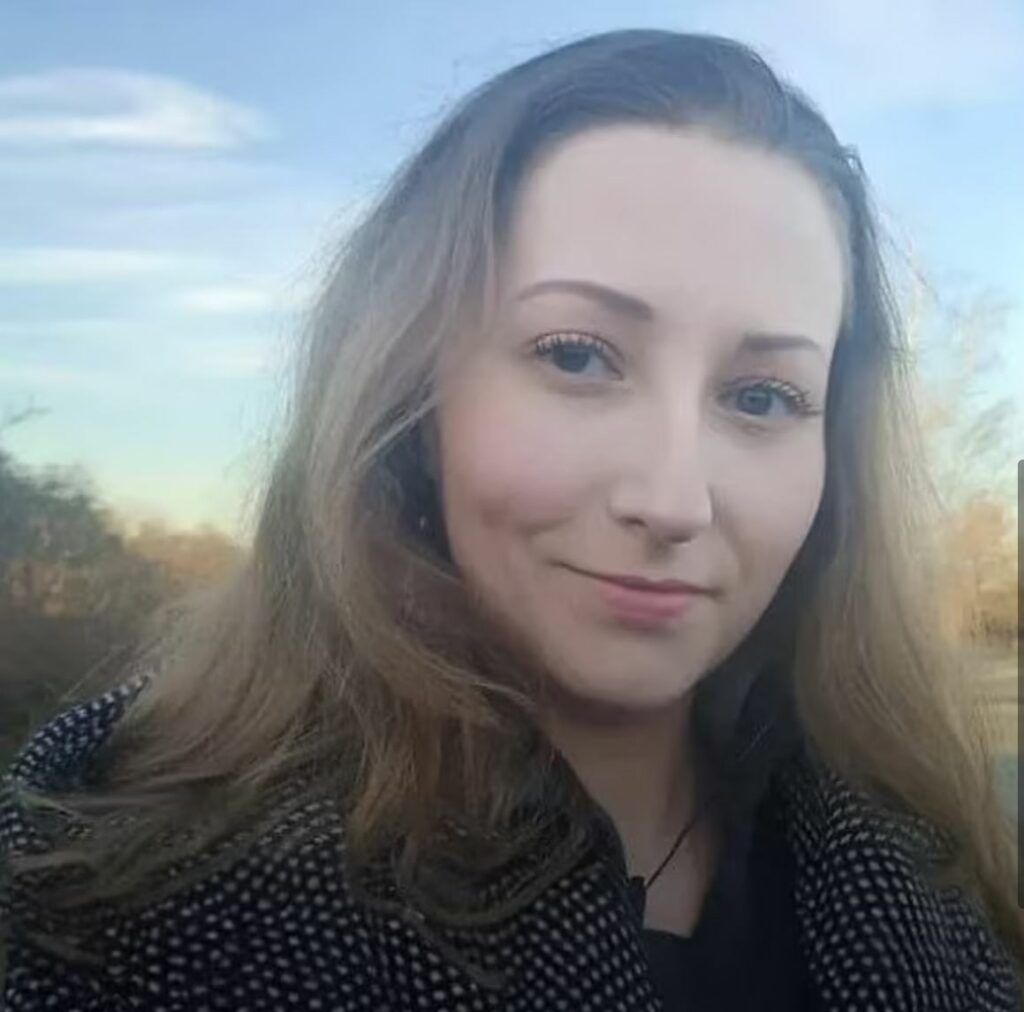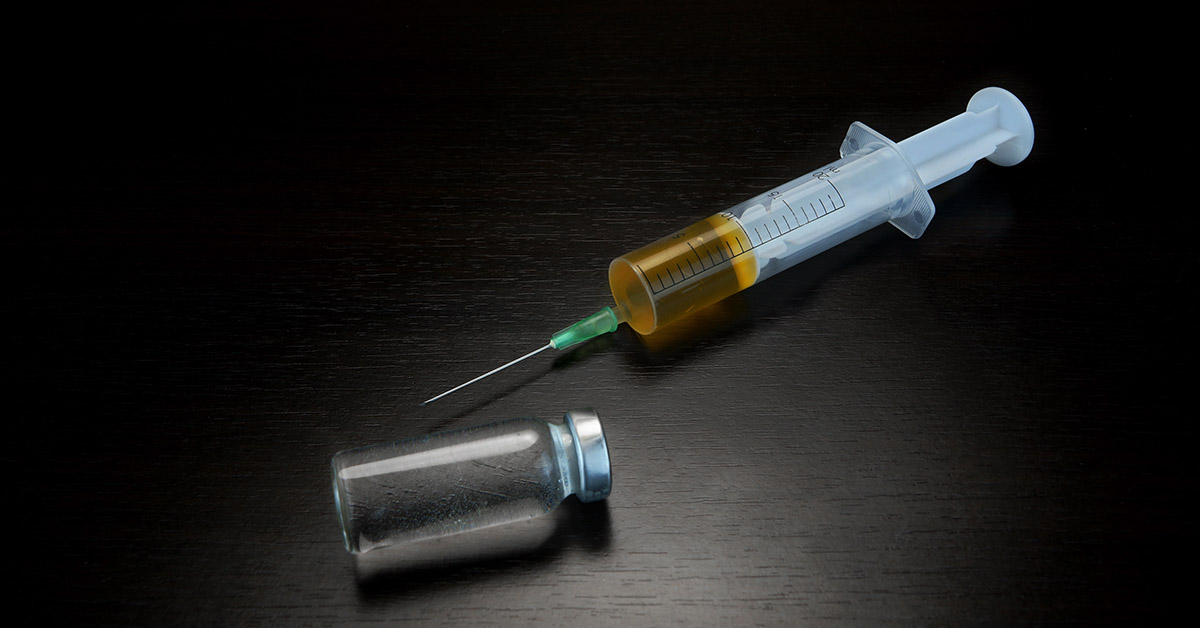Often, when people hear the word euthanized, they painfully think of animals like dogs and horses. The idea, often causing emotional turmoil for all involved, is difficult to bear. However, less commonly and more recently, the term has been applied to humans as well. Often it may also be called Assisted Suicide or Medical Assistance in Dying (MAID). For example, 28-year-old Zoraya ter Beek has made the decision to end her life, now backed by the government.
Planning to be Euthanized

Zoraya ter Beek is a 28-year-old woman from a small Dutch village that borders Germany. Born with depression, autism, and borderline personality disorder, she’s no stranger to tackling obstacles on a daily basis. She’s scheduled to be euthanized legally in May. She will be given a sedative then a drug that will stop her heart. After she is euthanized, a review committee will then review the procedures and protocols. Ensuring medical professionals followed all of the “due care criteria.” If so, her case will state that her life was ended, “lawfully”.
It seems that being euthanized isn’t a new concept for the young woman. Apparently, she has been wearing a “Do Not Resuscitate” badge since she was 22 years old. She shared that her beliefs have always been “very clear. That if it doesn’t get better, I can’t do this anymore.” The woman currently has a boyfriend with whom she co-parents two cats. However, the obstacles associated with her mental barriers have become more than the woman can handle. As a result, she’s made the decision to be euthanized despite being so young and in “good shape physically.”
Read More: Utah Teen Adds to the Growing Numbers of E-Cigarette Related Illnesses After Coma and Lung Disease
Instructions for Aftercare

The decision came after doctors informed her there was nothing else they could do to help the woman improve her depression or other mental disorders. She has very specific instructions for the events that will follow her assisted suicide. She doesn’t want a funeral or music playing. Instead, she wants to be cremated, and her ashes spread somewhere quiet in the woods. Together, she and her boyfriend will pick the spot, and he’ll go spread her ashes after she’s been euthanized.
Letting Go and Being Free

“I don’t see it as my soul leaving, but more as myself being freed from life,’ she said. “I’m a little afraid of dying, because it’s the ultimate unknown. We don’t really know what’s next – or is there nothing? That’s the scary part.” She also explained that the doctor will help “settle the nerves and create a soft atmosphere”.
The Netherlands is one of only three countries in the EU that allows citizens to become euthanized. It’s only allowed when they have terminal illnesses. Or their quality of life has diminished significantly. These individuals have been deemed as having the “right to end their suffering” in a way that is humane in cases where one’s ability to live a fulfilling life has been impacted. The law has been in effect in the Netherlands since 2002. It claims that those who are going through “unbearable suffering with no prospect of improvement,” have the right to decide to be euthanized.
Read More: Why Didn’t Doctors Caution Patients About the Link Between Hormone Replacement Therapy and Cancer?
Strict Criteria to be Euthanized

To legally undergo assisted suicide is time-consuming and requires several steps to be fulfilled first. For example, the case must meet a “detailed” criterion. Additionally, two separate doctors must sign off for the patient to be euthanized. Lastly, the patient must be “mentally competent”. On the other hand, the last stipulation creates a problem for a certain demographic of patients, those suffering from ailments like dementia, in which brain function becomes severely affected.
To combat issues like this, the Dutch government is working to make the option available to a wider range of people. For example, last year, they passed a law allowing parents of children aged 12 and over the right to opt for their children to be euthanized, assuming they meet the other requirements. Meanwhile, they’re also working toward extending the age groups so that eventually children aged 1-12 might also be eligible for a humane “assisted suicide”. In these cases, children must be suffering “unbearably from their disease, have no hope of improvement, and for whom palliative care cannot bring relief.”
An Easy Way Out

Unsurprisingly, this has created a controversy amongst human rights advocates and those who might take advantage of the law. “I see the phenomenon especially in people with psychiatric diseases, and especially young people with psychiatric disorders, where the healthcare professional seems to give up on them more easily than before.” Explained Stef Groenewoud, healthcare ethicist at Theological University Kampen. While, Theo Boer, a healthcare ethics professor at Protestant Theological University in Groningen, shared his sentiments. Boer shared that he’s seen a transformation explaining the practice “evolve[d] from death being a last resort to death being a default option.”
Scotland is also debating the idea of allowing “assisted suicide.” Those as young as 16, will be allowed to ask their doctor about being euthanized under the Assisted Dying for Terminally Ill Patients Bill. Medical Assitance In Dying (MAID) has also been available in Canada for some time.
Interestingly, there are a number of U.S. states that also have their own laws allowing a terminally ill patient to go before a review board and request approval to be euthanized. These include Oregon, Hawaii, Washington, Maine, Colorado, Vermont, New Jersey, New Mexico, Montana, and California. Each with its own set of rules and guidelines that must be adhered to, strictly and thoroughly.
Read More: Chronically Ill Man Releases Audio of Hospital Staff Offering Assisted Death
Sources
- “Euthanasia Legal States 2024.” World Population Review.
- “Depressed but physically healthy Dutch woman, 28, with a borderline personality disorder says she will end her life by euthanasia next month because doctors say she will never get better.” Daily Mail. Natasha Anderson. April 5, 2024.

